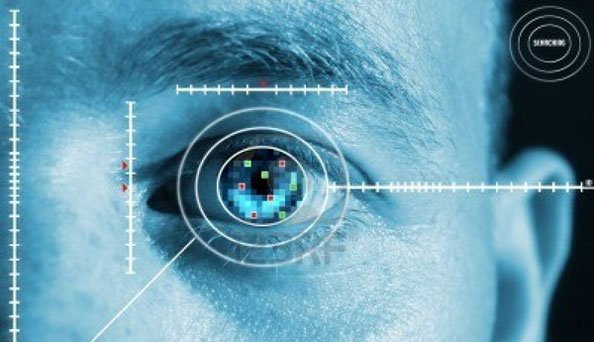
Would you agree that you are an individual self?
I am myself. You are yourself. We are each ourselves.
Individual aspects of reality each have an identity. This is part of philosophical metaphysics and categories of being to understand characteristics, aspects, attributes, properties and qualities of what 'is' in reality. In the Trivium Methodology, this is the Knowledge-Grammar-Input gathering of data.
Reality, existence and the universe has variability, diversity and multiplicity. Identity distinguishes one thing from another.
A is A. A is not B.
This is the Law of Identity. It includes the Law of Excluded Middle and the Law of Logic, of Non-Contradiction.
Law of Identity: "Whatever is, is."
Law of Non-Contradiction: "Nothing can both be and not be."
Law of Excluded Middle: "Everything must either be or not be."
- Bertrand Russel
We have an identity as physical beings, our bodies.
We also have identities as metaphysical beings, our consciousness.
As an individual self, we have a body, and consciousness emerges from the body. Without a body, there is no consciousness to emerge and exist. Consciousness is the nonphysical, immaterial and "hidden" "unseen" "spirit" with a subjective inner-reality, and it exists and comes from the body in the physical, material and visible seen matter of an objective external reality.
A "self", an "identity", an "I", is also represented by the term "ego".
Our ego, "I"-ness, our identity and personality, is shaped and conditioned throughout our life, from birth to death.
We are conditioned by environmental conditions, influences and impositions that affect and condition us. The environment involves everything we see, hear, touch, taste and smell. The environment involves our parents, family, society, media and everything else.
All of the influences in our lives automatically affects us at a subconscious and unconscious level. They shape our sense of self, self-image and self-view, and also our worldview or perception of the world. Much of our identity is adopted in an automatic, involuntary, unwilling, unaware, subconscious, unconscious and unthinking way.
We can accept contradictory information. We can engage in double-think, to hold two contradictory views and represent them each when it suits our justifications about how we view ourselves or the world.
We can also be conscious, willful, voluntary, aware and critical of the information input we process that we receive through our senses. We can verify, discern, judge, discriminate, evaluate and diagnose information. This is what logic is used for.
In this way, we are copycats, shape-shifters and chameleons that mimic the conditions around us. We can even recondition, reprogram and change ourselves, if we choose to. Or we can remain conditioned and programmed as copies, formed by the conditions and dictates of society.
We identify with the influences in our lives. We identify with parents, friends, media personalities and even ideas and beliefs. We associate, connect to, and form valuations of these influences. They shape, construct and form our identity. We become attached to these influences. The more power and influence these environmental conditions have on our consciousness and our way of life, the more we become attached to them.
I refer to this shaping, conditioning and construction of our sense of self, self-view, self-image, as our ego-personality-identity construct.
A self-view can't be separated from a worldview, as the worldview encompasses ourselves within it and how we view the world affects how we view ourselves within it. We become attached to the influences from our environment, society and the world.
Our identity is part of who we are. What we do is also part of who we are. We become attached to what we do as part of who we are, as part of our ego-personality-identity construct.
When we become attached to things, we value them more, and we identify with them more. This connection, identification, valuation and attachment of what we do and what we identify with, prevents us from being able to honestly assess, evaluate, discern and judge reality that contradicts our conditioned attachments.
Attachment blind us to reality.
There are complex and intricate levels of truth to Buddha's assessment that attachment is the root of suffering. It applies on many levels of life because attachment is intricately rooted into our ego-personality-identity construct, our sense of self, self-image, self-view and worldview. We have a lot of ego-personality-identity attachments that prevent us from honestly looking into reality.
More on this subject to come in Part 2, where I will emphasize the importance of objective detachment in order to honestly evaluate ourselves and reality.
Thank you for reading! I appreciate the knowledge reaching more people. Take care. Peace.
If you appreciate and value the content, please consider:
Upvoting  , Sharing
, Sharing  and Reblogging
and Reblogging  below.
below.
 me for more great content to come!
me for more great content to come!
Don't have a Steemit account? Please signup, it's free, and you get some free Steem $Dollars as well. Help upvote my content if you appreciate and value it (upvoting is free!).
Author: Kris Nelson / @krnel
Contact: steemit.quality@gmail.com
Date: 2016-09-20, 7:50am EST
